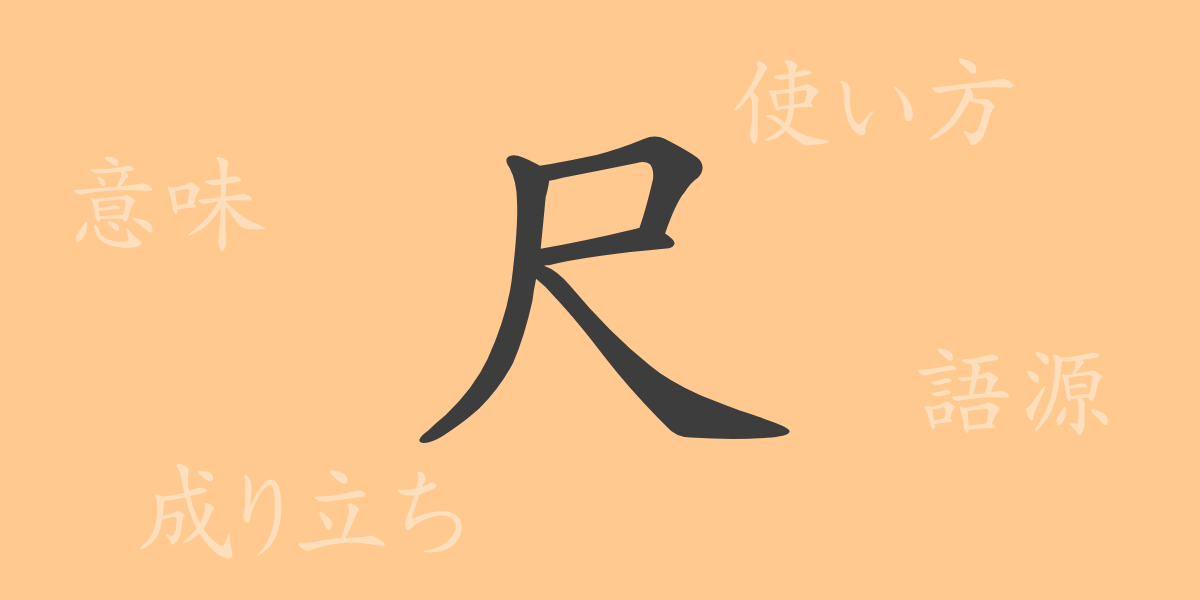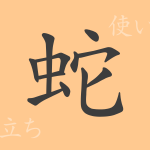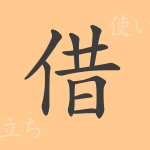Japanese culture and language are rich with unique elements that have evolved over long histories. “尺(しゃく)” is a unit that has been used in Japanese life since ancient times and is deeply rooted in the language. In this article, we will explore the origins, meanings, uses, readings, and idiomatic expressions of the kanji “尺(しゃく)” to uncover its depth and charm.
Origins of 尺(しゃく) (Etymology)
The kanji “尺(しゃく)” originated as a unit of length in ancient China, based on a part of the human body. Specifically, it referred to the average length from an adult man’s elbow to the tip of his middle finger. This unit of measurement, called “尺(しゃく),” was used as a standard for measuring length. It was introduced to Japan during the Nara period and has since evolved uniquely within Japanese culture.
Meanings and Uses of 尺(しゃく)
In modern Japan, “尺(しゃく)” is primarily recognized as a unit of length. One “尺(しゃく)” is approximately equivalent to 30.3 centimeters and is often used in fields such as construction and civil engineering. It is also used to describe clothing sizes. Additionally, “尺(しゃく)” can be used metaphorically to indicate “a certain range” or “extent” of something.
Readings, Stroke Count, and Radical of 尺(しゃく)
The kanji “尺(しゃく)” is simple yet historically significant.
- Readings: The on’yomi (音読み) is “シャク,” and the kun’yomi (訓読み) is “さか.”
- Stroke count: “尺(しゃく)” has a total of 4 strokes.
- Radical: The radical is 尸(しかばね), which is related to the concept of a corpse or body.
Idioms, Phrases, and Proverbs Using 尺(しゃく)
The kanji “尺(しゃく)” is used in various idioms, phrases, and proverbs. For example, “尺には尺を以て” means “there is an appropriate method for every matter.” “尺八(しゃくはち)” refers to a traditional Japanese musical instrument. Additionally, the saying “一寸の虫にも五分の魂” uses 尺(しゃく) to convey that even small beings have their own spirit and talents.
Conclusion on 尺(しゃく)
The meanings and histories embedded in each kanji are essential for deeply understanding Japanese culture. Through “尺(しゃく),” we can see how Japanese people have measured and expressed various aspects of life. By learning about the rich meanings and uses of this kanji, one can appreciate the depth of the language and the diversity of the culture it represents.

























